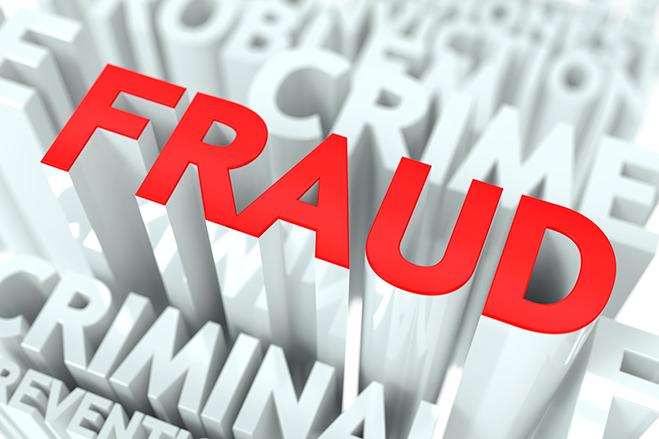Fraud Examination

Fraud Examination is a methodology for the resolution of fraud allegations from inception to disposition.
As Fraud Examiners, we combine our knowledge of intricate financial transactions with an understanding of methods and law to resolve allegations of fraud, and to help prevent fraud from occurring. The Association of Certified Fraud Examiners states that, in carrying out a fraud examination assignment, we are part accountant, part criminologist, part detective, and part lawyer.
Fraud Detection and Prevention
The detection of fraud within organizations is the foremost responsibility of internal and external auditors. However, once evidence of fraud has been presented, a fraud examiner is brought in to perform a complex case from beginning to end in order to resolve allegations in a legal and professional manner.
Fraud investigators may also be asked to advise a firm on procedures and policies to prevent fraud.
Certified Fraud Examiners
Being a Certified Fraud Examiner (CFE) signifies proven expertise in fraud prevention, detection and deterrence. A CFE is trained to identify the markers that indicate evidence of fraud and fraud risk. CFEs on six continents have helped protect the global economy through the investigation of more than one million suspected cases of fraud, and through the implementation of processes designed to prevent fraud from occurring.
CFEs have a unique skill set that is not found in any other career or discipline. They have the ability to examine complex financial data and records. They can impartially interview suspects to obtain information and confessions while identifying factors motivating individuals to commit fraud. CFEs write unbiased investigation reports, and give factual advice to clients as pertains to their findings. To these skills, CFEs add an understanding of the law as it pertains to fraud and to the investigation of fraud.
Auditing vs. Fraud Examination
Some fraud examiners work as auditors at the firms in which they are employed. However, while fraud examination and auditing are related, they are not the same. Here are some of their primary differences:
| ISSUE | AUDITING | FRAUD EXAMINATION |
| Timing | Recurring | Non Recurring |
| Scope | Audits are conducted on a recurring, regular basis. General |
Fraud examinations are non recurring. They only occur with sufficient reason. Specific |
| Objective | Audits only entail a general examination of financial data. Opinion |
Fraud examinations are conducted to resolve specific allegations. Affix Blame |
| Relationship | An audit is usually done in order to express an opinion on the financial statements or related information. Non Adversarial Audit Techniques |
The purpose of a fraud examination is the determination of whether or not fraud has occurred / is occurring, and to discover who is responsible. Adversarial Fraud Examination Techniques |
| Methology | Audits primarily examine financial data. Professional Skepticism |
Fraud Examination is conducted by examining documents, reviewing outside data (like public records), and by interviewing various individuals. Proof |
| Presumption | Auditors must approach audits with professional skepticism. | Fraud examiners come at the resolution of fraud by trying to establish sufficient proof to support or disprove an allegation of fraud. |
Sources:
2012 Fraud Examines Manual. Association of Certified Fraud Examiners, 2012.
The CFE Credential. http://www.acfe.com/cfe-credential.aspx
